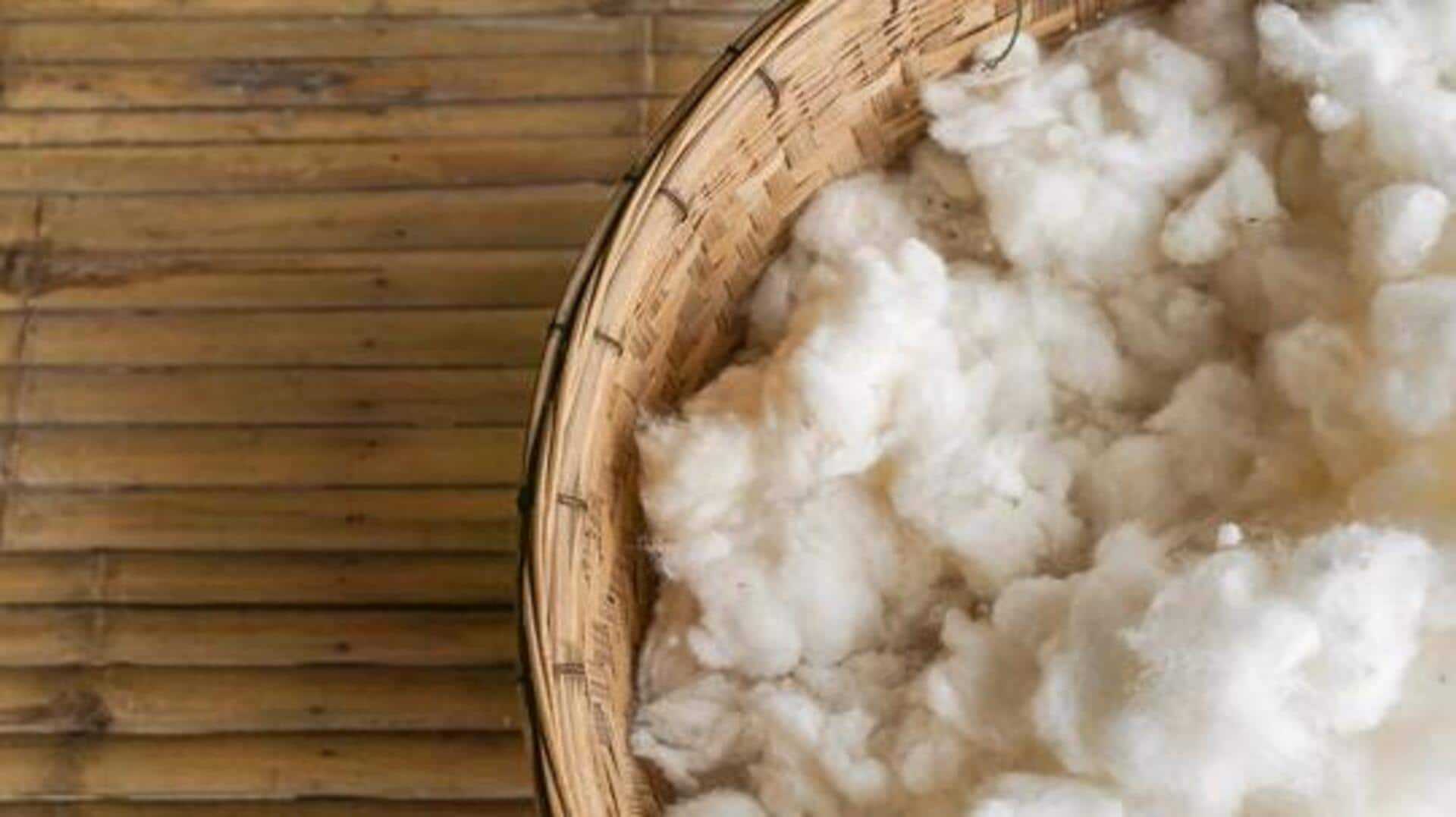
Why you should know about kapok fruit
What's the story
Kapok fruit, an often-overlooked tropical gem, is packed with nutrients that can boost your health. Native to Africa and other tropical regions, the kapok tree's fruit is not just a source of fiber but also a host of vitamins and minerals. From aiding digestion to boosting immunity, the kapok fruit has a lot to offer. Let's explore its nutritional profile and health benefits.
#1
Nutritional profile of kapok fruit
Kapok fruit is rich in essential nutrients such as vitamin C, calcium, and iron. Vitamin C is important for boosting the immune system and promoting skin health. Calcium helps strengthen bones and teeth, while iron is essential for the formation of red blood cells. The presence of these nutrients makes kapok fruit an excellent addition to a balanced diet.
#2
Digestive health benefits
The high fiber content in kapok fruit aids digestion by promoting regular bowel movements and preventing constipation. Fiber also helps maintain a healthy gut microbiome by acting as a prebiotic that feeds beneficial bacteria in the intestines. Including kapok fruit in your diet can support digestive health and improve overall gut function.
#3
Antioxidant properties
Kapok fruit is loaded with antioxidants that protect the body from oxidative stress caused by free radicals. These antioxidants help reduce inflammation and lower the risk of chronic diseases such as heart disease and diabetes. Eating antioxidant-rich foods like kapok can help keep your cells healthy and slow down the aging process.
#4
Potential skin benefits
The vitamin C content of kapok fruit also plays a key role in collagen production, which is essential for maintaining skin elasticity and firmness. Eating vitamin C-rich foods can help reduce signs of aging such as wrinkles and sagging skin. Adding kapok to your diet may improve skin texture over time.
Tip 1
Immune system support
Kapok fruit's high vitamin C content makes it an excellent choice for supporting the immune system. Vitamin C is known for its role in enhancing immune function by stimulating the production of white blood cells. Eating kapok regularly during cold seasons may help reduce the frequency of colds or other infections.